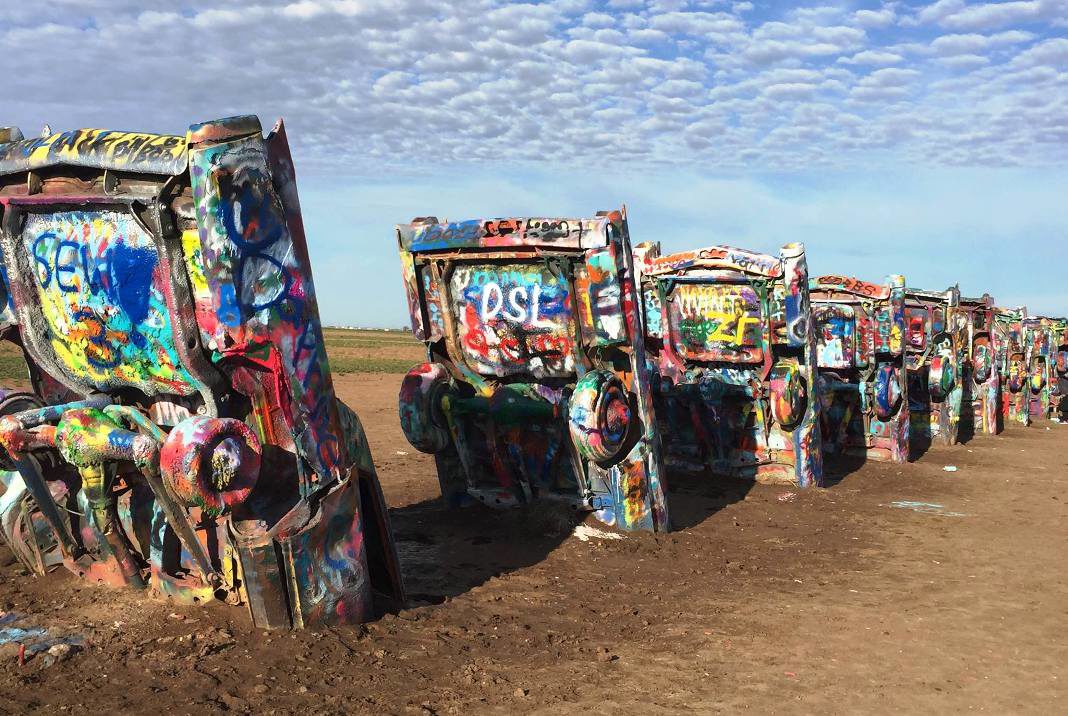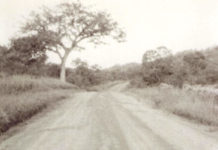[
]
The first time I met my fellow tour director, Mary Dowling, she walked right up to me, got into my face, and started blasting me.
“You’re not supposed to be wearing blue jeans!” she yelled. “It’s against company policy!”
I looked at her name tag and saw that she worked for the same tour operator that I did. Up until that moment, I had never heard her name.
We went back and forth about the blue jeans thing for a couple of minutes, and I basically told her that it was none of her damn business, except in much stronger language. I kept this incident in the back of my mind for future reference, and I warned my co-workers to steer clear of her.
A few years later, my boss asked me to go on a training tour and learn how to run the 23-day, cross-country trip that went from New York City to Los Angeles. When I asked who the trainer was, she told me it was Mary Dowling. I figured I’d just keep a low profile, suffer through it, and learn whatever I could. Needless to say, I did not wear blue jeans on that trip.
During that ride-along, I got to see the funny and caring sides of her that were not evident when we first met. She taught me everything I needed to know to successfully run that tour. From that point on, we were pals for life.
Now that she’s no longer in the tour director business, I thought it would be a good time to hear what she had to say about the wild, weird world of tour directing. One thing’s for sure – she always tells you exactly what’s on her mind.
“People were very present when I started leading tours, and they’re not present anymore.” — Mary Dowling
First things first. Where are you from and where have you traveled to?

I grew up in Southern Maine. Throughout my adulthood, I’ve lived in a variety of states including New Hampshire, Massachusetts, Virginia, West Virginia, Florida, Alaska, and California.
I have been to Mexico and many Caribbean Islands, but the bulk of my international travel should have been over the last few years. Unfortunately, I got sick in 2011 and that restricted my travel plans. When I quit my tour directing job, I left $12,000 unused in my employee travel bank because the places I wanted to visit were not areas I should have traveled to with my type of illness.
Can you tell me a little bit about your illness?
While on tour, I injured my knee and went to an orthopedist for treatment. He gave me a steroid shot to help minimize the inflammation.
In the tour director business, you do not get to take sick days. It can kill your career faster than anything. I was coming up on the busiest time of the season and missing work was not an option.
I felt the shot would help get me through the last couple of months of work. At the time, I believed I should try to power through to the end of the season, and then I would have surgery or whatever treatment was necessary to resolve the issue.
Unfortunately, the shot that was given to me had staph in it. I continued to work not realizing the infection was coursing through my body. I was experiencing many strange symptoms such as trigger finger, memory loss, extreme fatigue, and total joint stiffness throughout my body.
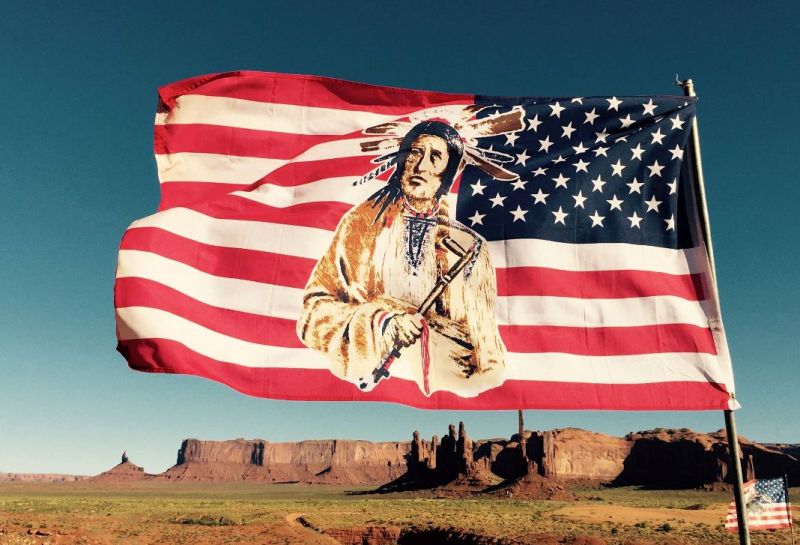
The pain was unbearable, and by the last tour I was walking with two canes. Getting up out of a chair or bed would take my breath away. Trooper that I was, I soldiered on. When I finished my final tour of the season, I got off the plane and went directly to the ER dragging my two suitcases behind me.
The staph infection had gone septic throughout my body; I was lucky to be alive. Over the course of the next five months, I was hospitalized three times, had an IV surgically implanted into my arm, and had to infuse myself with very strong antibiotics twice a day at home. I was so weak at one point I couldn’t lift a coffee cup with one hand.
Once I recovered from the staph infection, I was diagnosed with an autoimmune disorder. Apparently, it is very common for massive systemic infections to wipe out immune systems.
What kind of work did you do before you became a tour director?
I managed a restaurant for 25 years for a small hospitality company in Maine. I was in charge of a 250-seat, upper middle class restaurant on a salt marsh in Yarmouth, Maine. It was right down the road from L.L. Bean.
Why did you become a tour director?
I wanted to travel and could not afford it. Up until that time, I had traveled very little. I have always had a sense of adventure and very itchy feet.
In the late 90s, I had been living with someone and was trying to extricate myself gently from the relationship. I wanted to travel the world and be a free spirit, and he wanted to live in a camp in the middle of the woods. So, I said to myself, “Well, I think I’m gonna do what I wanna do.”

My sister had worked for Tauck Tours. She was featured in National Geographic as one of their “Ten Great Tour Guides.” Her life seemed very adventurous to me, and she was making a lot of money. We both had the same background in hospitality; I guess it runs in the family. I thought, “I should be doing that!” It was that simple.
How did you get your first job?
I went to the International Tour Management Institute, and they helped place me; I never worked for the same company as my sister. On my first tour, I was a last-minute replacement for someone who had quit. I was given the opportunity to lead a British Company’s two-week trip through both the eastern USA and eastern Canada. They used an American tour operator to hire tour directors. I started my career in 2000, and I had run about 325 tours by the time I quit in 2016.
What were your favorite places that you brought groups?
I love the western national parks and Alaska. I can’t help but be grateful that our forefathers prevented this beautiful land from being developed. The fact that these areas were saved is really a miracle.
What was it like leading a tour from New York City to Los Angeles?
It is a complex tour to run because of its length. It’s up to the tour director to make sure that things don’t go south if something unexpected happens.
After about 10 days on the road, guests start to get sick of one another, and the tour director must manage that. It’s like the TV show Survivor – you have to outwit, outlast, and outplay them. I used a lot of diversions to manage my groups such as music, games, and a daily nap or quiet time to keep the focus positive.
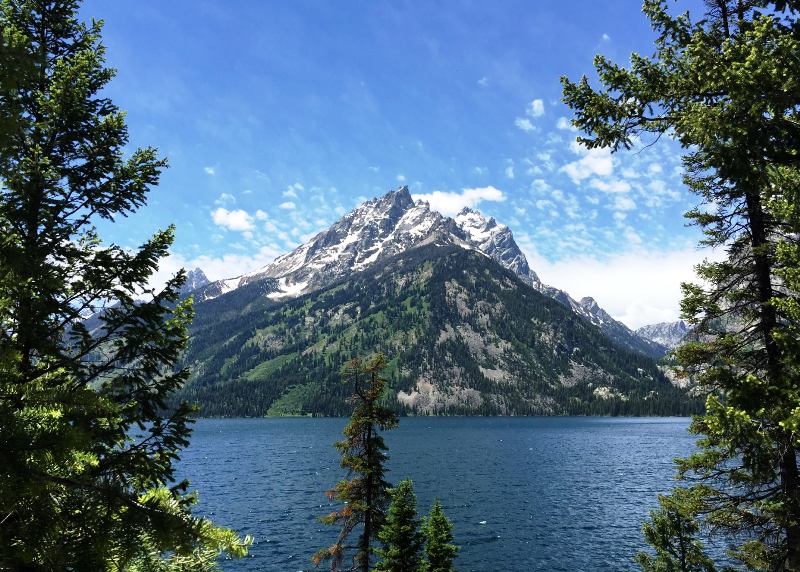
On a one-week tour, guests will put up with almost anything and anyone. On a three-week tour, they get tired and cranky toward the end of it. Think about it – most couples do not spend 24/7 together for three weeks at a time. Throw in socially awkward singles, someone who has never thought about wearing deodorant, and the inevitable European who constantly thinks he is being ripped off (and articulates it on an hourly basis), and you have a breeding ground for discontent.
What would your advice be for anyone who wants to become a tour director?
When someone said to me, “I want to do what you do,” the first question I asked this person was, “Do you have a spouse or family?” If so, I would tell him or her to think long and hard before doing this for a living. It’s very difficult to maintain close relationships when you are gone six months at a time. Everyone I know who was married as a tour director isn’t married anymore.
“I have spent literally hundreds of dollars on room service so I could eat in peace.”
Also, when you are switching from another career to tour directing, you need to be creative about managing money because you’re not going to be making a lot of it in the beginning.
Overall, in order to do this job, you should have good social skills, confidence in yourself, and be flexible.
What is the experience of being a tour director like on a day-to-day basis?
I know it looks very glamorous, but I ate a lot of turkey sandwiches in my hotel room at night. I woke up two hours before the passengers, and I went to bed at least an hour after they did. To make the day go smoothly and orderly, I had to do a lot of work in the background. I was solving problems before they became problems. As a tour director, you try to make it look easy, but there is a lot of work getting done to make it look easy. That’s the part people don’t understand until they actually go out and start doing the job.

On a personal level, the most frustrating thing on the road was when I was trying to have a meal by myself and passengers came up to me and asked questions. I would have liked just one day to enjoy my food without being interrupted by them. Meals are normally a tour director’s time to relax. People don’t recognize there is a boundary between the tour directors and passengers even though you’ve told them. Five minutes later, they would forget that I said anything.
The only way to have breakfast without interruptions is to go really early or grab something and hide in a corner. By the time I finally got to eat, the food was often cold. I have spent literally hundreds of dollars on room service so I could eat in peace. Most tour directors do not eat in hotel dining rooms for this reason.
Have you ever been married or had children?
I’m divorced and never had kids, but I have stepchildren that I’m still close with.
You told me once that you firmly believe that female tour directors are treated differently than males by employers. Can you elaborate?
I think in general employers don’t treat women any differently. My experience with my employer was unlike most because I had a female boss who had an issue with strong women and not just me. We all got less lucrative tours and had to work harder for the money we made.
When my boss got her job, she terminated all the female guiding tour directors and replaced them with men. The job of a guiding tour director is to be in charge of specific itineraries, update them, and help the other tour directors who have questions about their tour.
I went to an employment attorney, explained the situation, and he told me what to do to remedy it. I couldn’t just come right out and say, “You’re discriminating against women.” I didn’t have any proof; it could have been a performance thing.
My attorney warned, “Your employer will never forgive you for what you have done, and you will have to watch your back for the rest of your career.”
Despite his warning, I set up a meeting to discuss the issue with my supervisors and the human resources department.
At the meeting, my boss told me that the salaries of other employees were none of my business, and I told her that she didn’t legally have the right to dictate if coworkers talk to one another about their income.
All of the women that I worked with felt the same way I did. I told my company that this was going to be a large problem for them because everyone believed it was happening. I said, “You’re going to have a bigger problem if you don’t address this.”
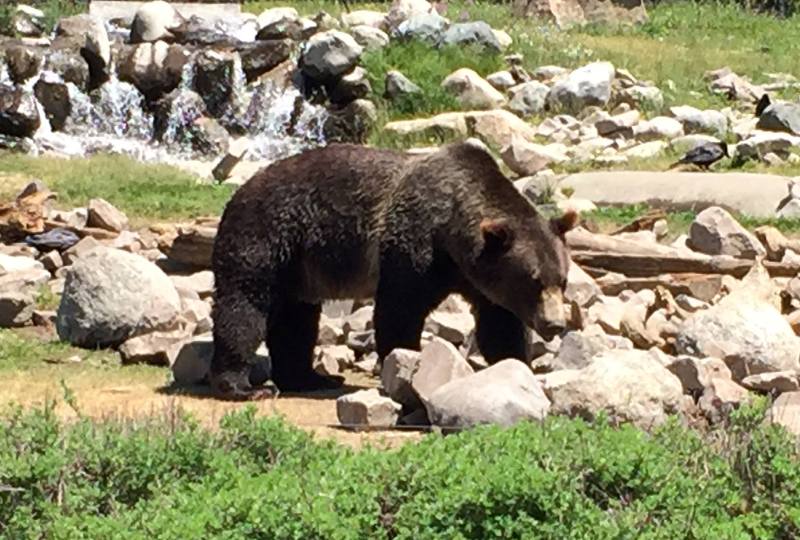
I feared retaliation because I had put them on notice, and other people would now be paying attention. I don’t know what happened as a result of my meeting with the management; I was never told. Someone on the inside told me that my boss was supervised for 18 months when she allocated tours, but it didn’t make a difference. In the end, most of us just swallowed it up. Nobody felt free to communicate displeasure to the office without being punished.
The people getting assigned the good tours were those who sucked up to my boss. I believe that work should be allocated on merit. But one woman I worked with did get into a screaming match over scheduling. New or marginal tour directors were getting full motorcoaches on the best tours; it happened to us regularly. Prior to my boss getting the job, there wasn’t a problem. When you have only one person who is in charge of giving you work or not and you’re on the wrong end of that deal, you’re a loser.
You also told me that female tour directors are treated differently than males by passengers.
I’ve asked other women tour directors if they were being treated unequally, and they all said the same thing – that it is very subtle. For example, I was training a male, and we were standing side by side. The male passengers would all come over and ask him questions about lunch and where were we going next. If a couple was on a tour, and they were used to having people do things for them, they would ask the female to make dinner reservations, but they would never ask a male to do that.
What do you think are the secrets to finding consistent work?
Don’t work for only one company, keep your options open, and challenge yourself to work out of your comfort zone.
What did you love and hate about the job?
I loved being able to change people’s lives through travel by teaching and inspiring them; I hated not being in control of my schedule.
What do you think your strengths and weaknesses are?
I am smart, passionate, giving, and helpful. My weakness is my eternal optimism that people will do the right thing.
What could passengers do to make a tour director’s job easier?
Listen. Listen. Listen.

How has the world of tour directing changed over the years?
When I started, commentary and local knowledge were everything. Today, people are not paying as much attention to commentary. I evolved my style of directing to be like a concierge, and I was giving extra information once we got to destinations to help passengers explore on their own. I would walk through the coach and have one-to-one conversations with those who wanted additional history or other details.
“Everyone I know who was married as a tour director isn’t married anymore.”
I feel like the internet has changed travel. People don’t socialize anymore. They’re on their tablets instead of having a conversation. They’re taking selfies, playing games on their phone, and posting pictures instead of being in the moment. It’s very sad to me. People were very present when I started leading tours, and they’re not present anymore.
What are some of your favorite crazy stories?
Where do I begin? How about the time in Alaska when two of my guests walked into their hotel room and the two male room attendants were engaged in a sexual act on the bed that they were supposed to sleep on that evening? Or the man who showed up so intoxicated at 8:00 a.m., I couldn’t let him off the coach at Niagara Falls because I was afraid he would fall in? Or the lady who punched me when she missed out on sitting in the front seat because of the seat rotation?
What were some of the things that passengers did that were positive?
The guests that I loved the most were the ones who truly understood how hard it is to be a tour director and acknowledged it by writing a great comment card and including an excellent tip at the end of the trip. Truthfully, any guests who were appreciative of their experience were a real blessing to me. I was also very happy when guests did kind things for one another.
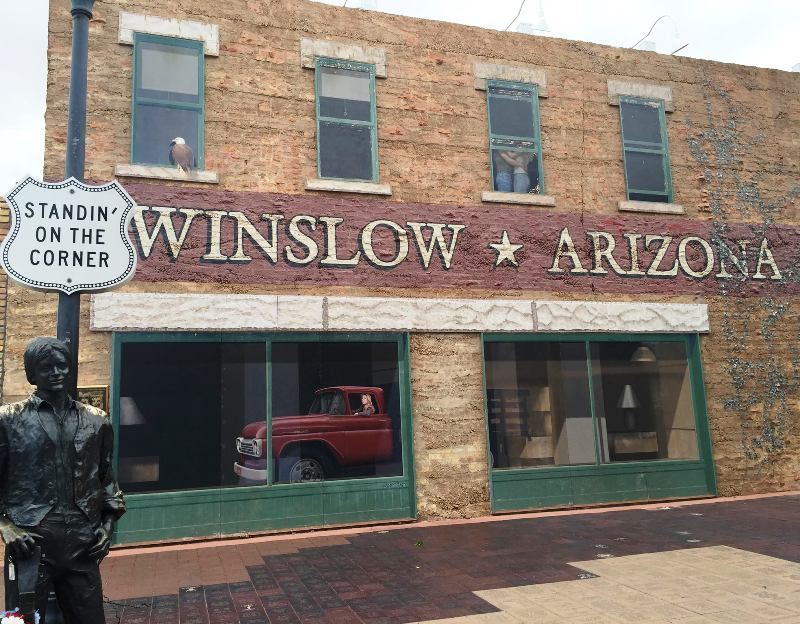
What were some of the things that passengers did that were negative, and how did you handle the situations?
It frustrated me when people from other countries would come here and whine that the way we did things in America was all wrong. Utterly disrespectful. I also had zero tolerance for guests who did not behave appropriately toward others, and I would immediately correct that behavior.
If someone was using a term like “faggot” or “queer” to a gay person, I would walk up and say, “Knock it off! You do not have the right to use those phrases on a tour bus!” I would say it loud enough, so others could hear it. That usually solved the problem. But if the passenger continued the behavior, I would go to a place away from the other passengers and say, “If you have that opinion, you need to keep it to yourself. If this behavior continues, you will be removed from the tour at your own expense.” My company supported me as long as I followed protocol.
I used to say at the beginning of each tour, “You don’t have to like one another, but you do have to respect one another because you made the choice to travel in a group.”
Why did you finally decide to quit?
My illness manifested itself in fatigue, and I required more regular hours and mealtimes. I told my office that I needed a schedule that could make those accommodations for me. They told me they would accommodate me, but they ignored my request and instead gave me a brutal schedule.
I took it as a message that I wasn’t valued as a person and they wanted me out. Attempts to fix the problem were met with the utmost hostility. My boss said – and this is a direct quote – “We don’t do schedules for your convenience; we do them for our convenience.”
I’m familiar with the law. I knew under the ADA they were obligated to accommodate me, but I’m not taking any legal action because I just don’t care anymore.
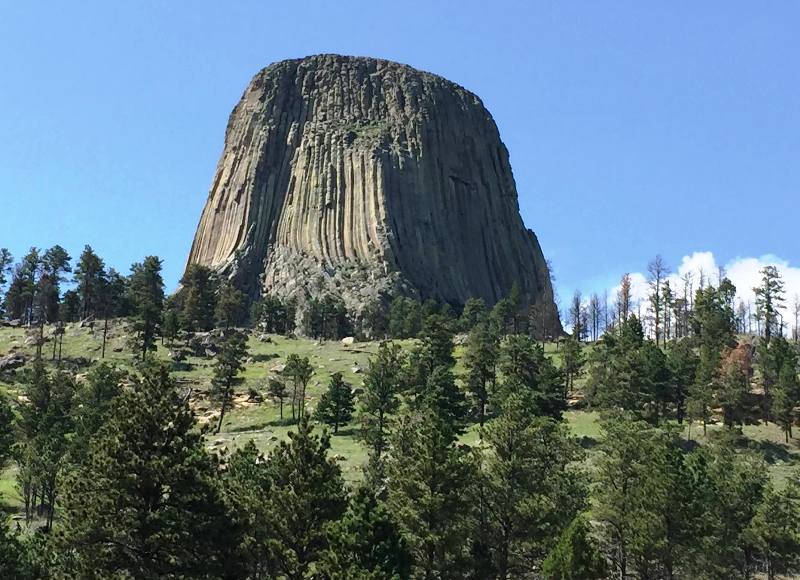
How your health today, and what is the prognosis?
My long term prognosis is good as long as I do the things I must do to maintain my health: get enough sleep, exercise daily, and take my prescribed drugs and vitamins. The key for me is adequate sleep, regular meals, and a reduction in stress.
When you are a tour director, it’s like you’re in fight-or-flight mode all day every day. It’s really taxing on the body. Most tour directors come off six months on the road and need to lie down on the couch for a week to get themselves back together.
What kind of work are you doing now?
I manage a real estate office and am working on getting licensed. It is a great profession to segue into, since the skill sets required for both jobs are similar. There is more support and opportunity for education in my current field. What I love most about my new position is that I’m surrounded by cheerful people. You would think that in the travel business, people would be happy. But most of the employees aren’t happy, and the people who spend all that money to travel aren’t that happy either.
How are you feeling about life since leaving the world of tour directing?
I have nothing but joy since that career is behind me. I helped a lot of people get their careers going, and I gave them the tools they needed to become successful tour directors. I loved it while I was doing it, but I have no desire to rejoin the profession. The mere thought about going back to work for my former employer makes me sick to my stomach. When you work for a company that only talks to their employees once a year, what does that tell you? It tells you that you’re better off elsewhere. ♦

